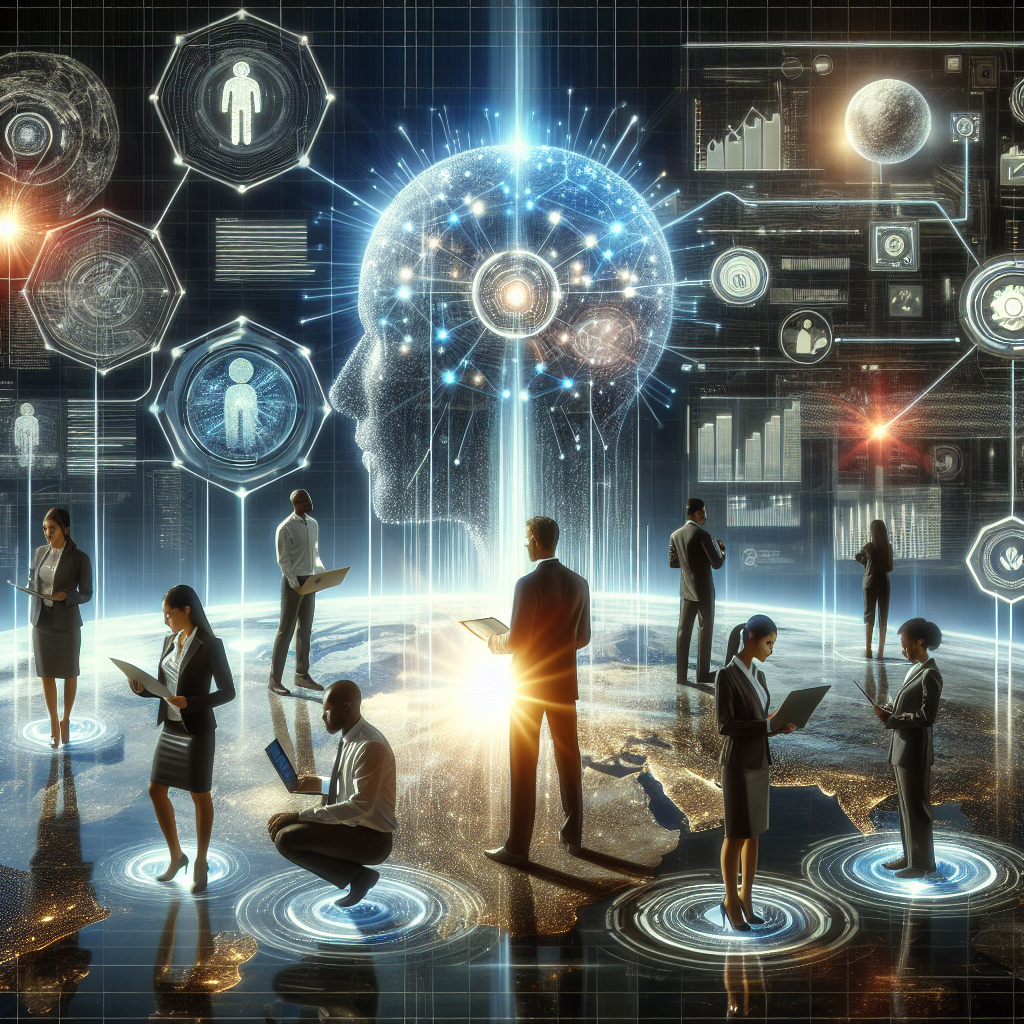ChatGPT Surges Toward 700 Million Weekly Users: Implications for Government Contractors and Project Managers
OpenAI recently announced that its consumer AI chatbot, ChatGPT, is on track to reach an astounding milestone—700 million weekly users. This rapid adoption of artificial intelligence technology raises serious questions, promising benefits, and strategic implications for federal and state government contractors, procurement officers, and project managers. As AI becomes more embedded in daily workflows, understanding this shift is crucial to staying relevant in a competitive, tech-driven contracting environment.
The Rise of ChatGPT and AI Adoption
Exponential Growth in AI Usage
The projected 700 million weekly users mark a significant leap in public interaction with AI tools. Since its initial release, ChatGPT has evolved from a text-based curiosity into a powerful productivity engine, redefining how people and organizations interact with digital content. For professionals in government contracting and project management, this signals a turning point—AI is no longer an optional enhancement but a functional necessity.
Broader Industry Response
Major sectors including healthcare, education, finance, and increasingly, government, are integrating AI solutions. The federal government has launched AI initiatives like the AI.gov roadmap under the National Artificial Intelligence Initiative. Simultaneously, Maryland has begun exploring AI applications across public services, from optimizing transportation to improving data analytics for decision-makers.
These developments confirm that AI-based tools like ChatGPT are being recognized as enterprise-level solutions, not just consumer innovations.
AI’s Impact on Project Management and Government Contracting
Improved Efficiency and Cost Control
For project managers and contracting officers, AI tools such as ChatGPT can streamline proposal development, automate compliance documentation, and reduce the administrative burden of monitoring contract performance. By automating time-consuming tasks such as schedule analysis, risk tracking, and reporting, PMOs (Project Management Offices) can focus on value-driven activities.
Enhanced Proposal Writing and Communication
In the government contracting arena, especially at the state level like Maryland’s eMaryland Marketplace Advantage (eMMA) system or federal SAM.gov portal, proposal clarity and completeness can make or break an award. ChatGPT can serve as a virtual assistant to prepare responses to RFPs (Requests for Proposals), correct technical language, and generate compliance checklists aligned with FAR and DFARS requirements.
AI as a Compliance and Training Tool
With federal and state contracts increasingly mandating cyber hygiene, DEI initiatives, and sustainability metrics, project teams must stay on top of numerous regulatory changes. ChatGPT can assist by synthesizing complex guidelines into digestible formats and helping create training modules for internal teams. This utility can be particularly valuable in preparing for audits or onboarding new team members.
Considerations and Limitations for Government Use
Data Privacy and Security
While ChatGPT offers tremendous potential, using AI tools for sensitive government contract work poses risks. Federal Acquisition Regulation (FAR) clauses and state-level regulatory frameworks such as Maryland’s DoIT cloud policies emphasize strict compliance with security standards like FedRAMP, FISMA, and NIST 800-53. Responsible contractors must avoid inputting proprietary or sensitive data into public AI models not authorized for handling controlled information.
Algorithm Transparency and Bias
Contracting and procurement professionals must also consider the ethical implications of AI adoption. Algorithms can perpetuate bias or provide inaccurate information if not carefully monitored. As AI usage spreads, government entities will likely increase scrutiny on how such tools influence decisions, especially in areas like vendor selection or stakeholder communications.
Preparing for an AI-Driven Future
Upskilling Project Teams
Organizations should begin preparing their PM professionals and contract administrators to work alongside AI. Certifications, such as PMI’s CAPM or PMP, increasingly include digital project management tools as key learning objectives. Skills in data interpretation, agile workflows, prompt engineering, and ethical AI use will become standard requirements for future project leaders.
Incorporating AI into Project Planning
A forward-thinking procurement strategy should now evaluate AI integration not only as a digital tool but as an integral component of the project’s technical execution. AI-readiness assessments can be added to risk mitigation plans or procurement scoring matrices, particularly for IT modernization or digital transformation bids.
Conclusion
The news that ChatGPT is nearing 700 million weekly users marks a pivotal evolution in how technology reshapes our professional landscape. For government contractors and project managers, this isn’t just a tech milestone—it’s a wake-up call. Embracing AI safely, ethically, and strategically can lead to operational excellence, cost savings, and competitive advantages in the complex realm of public-sector procurement. As adoption continues to rise, staying engaged with AI trends is key to future-proofing operations, maintaining compliance, and delivering value on government contracts.
Stay#AIinGovernment #ChatGPTForContractors #DigitalTransformation #AIProjectManagement #GovTechTrends

